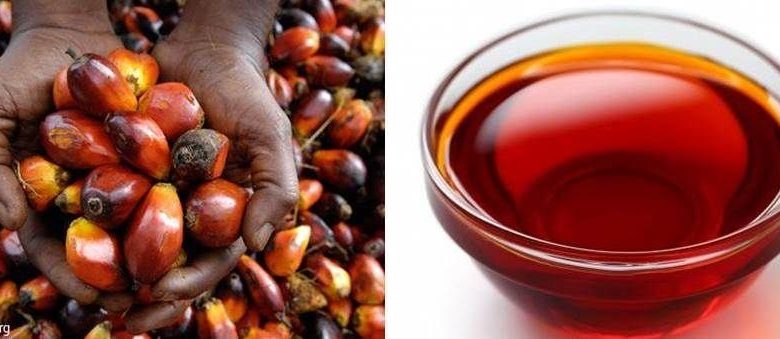COVID-19 Pushes Up Palm Oil Sales As Refining Explodes

The African Agricultural Forestry Company of Cameroon (Societe Africaine et Forestiere Agricole du Cameroun), popularly known by its French acronym, SAFACAM, sold 12,428 tonnes of palm oil as of June 30, 2020. This is against 9,787 tonnes sold during the same period in 2019.
The company, which is listed on the Central African Unified Stock Exchange and is the Cameroonian affiliate of the Luxembourg-based Societe Fianciere des Caoutchoucs (SOCFIN), realised 10.2 billion FCFA (20 million dollars) from the sales as against 8.7 billion FCFA (17 million dollars) during the same period in 2019.
This increase in sales is reflected in the sales figures of all raw palm oil producers in the country.
According to the Cameroon Association of Oilseed Refiners (ASCROC), the increase in sales is due principally because of the coronavirus pandemic which forced local palm oil refineries to massively buy raw palm oil from the month of March following the announcement of the outbreak of the COVID z-19 in Cameroon.
“The palm oil transformers decided to massively stock for fear of partial or total confinement of the country, which would have made it difficult for them to travel to the locations of their palm oil suppliers in order to replenish their stocks,” a senior staff of ASCROC, who elected for anonymity because he is not authorised to speak on behalf of the association, told HumAngle on Friday.
Meanwhile, despite the slow-down of the activities of palm oil refiners by 40 per cent because of the COVID-19 pandemic, the stocks of palm oil produced from March, 2020, were not enough to satisfy global demand. To this end, the government in September, 2020, authorised the importation of 70,000 tonnes of palm oil.
For the past several years, Cameroon has been registering a structural deficit of 130,000 tonnes of raw palm oil production.
Operators in the sector blame this deficit on continuous stagnation in production by the agro-industrial units, whereas there has been a drastic spike in the raw palm oil transformation domain during the last 10 years.
Support Our Journalism
There are millions of ordinary people affected by conflict in Africa whose stories are missing in the mainstream media. HumAngle is determined to tell those challenging and under-reported stories, hoping that the people impacted by these conflicts will find the safety and security they deserve.
To ensure that we continue to provide public service coverage, we have a small favour to ask you. We want you to be part of our journalistic endeavour by contributing a token to us.
Your donation will further promote a robust, free, and independent media.
Donate HereStay Closer To The Stories That Matter




